I have a very vivid memory of being a child and sitting on my living room floor with the TV on and reading a stack of comics. (This would be the 1970s equivalent of bingeing a show while scrolling your phone.) And I remember my mother coming in the room to check on me and randomly picking up a comic from my pile and idly thumbing through it. This particular comic featured a duck bursting through a newspaper on its cover, and after reading a few panels my mother made a disappointed tisk-tisk noise and said, “Honestly, should you be reading this?” This apparently was a rhetorical question as she put the comic back down and I did in fact read it.
I remember at the time thinking that particular comic was funny – hilarious in fact – but I admit that it wasn’t until years later when I re-read it as an adult that I understood the political satire and sexual innuendo that flew over my head as a child and was the thing my mother took issue with no doubt.
Marvel in the 1970s was by many accounts an undisciplined place. The word “madhouse” is often used to describe it, typically accompanied by the phrase, “lunatics running the asylum.” There was very little editorial oversight and creators were given free rein to indulge their passions, as it were. This led to inconsistent quality at times, an abundance of missed deadlines, and notoriously low sales. But despite this chaos it can be argued that this was one of the most creative and experimental times in Marvel’s history. And so many ideas were thrown at the wall it began to resemble a Jackson Pollack painting.
And nothing exemplifies this creative chaos more than the time Howard the Duck ran for president.
Howard was created by Steve Gerber a one-off gag in a Man-Thing comic. But the character became so popular with fans it was decided – for some strange reason – to give Howard his own book where Gerber could, indulge his passions as it were. These passions included political and social satire, and parodies of pop-culture current and past – all within the main continuity of Marvel centering around and anthropomorphic duck that smoked cigars and was horny as hell. Again, Marvel was an undisciplined place.
In issues 6 thru 9 of Howard the Duck Gerber and artist Gene Colon have the titular duck recruited by the All Night Party as their candidate for president in the 1976 election against Jimmy Carter and Gerald Ford. It starts simply enough, Howard and his human companion Beverly Switzler are hitchhiking through Pennsylvania after and encounter with Reverend Joon Moon Yuc and the Incredible Cookie Creature when they are picked up by Dreyfus Gulch, a rhinestone cowboy scheduled to sing the national anthem at the All Night Party convention. There Howard thwarts a bombing attempt and is made the candidate because of his bravery. From here on it is simply a vehicle for Steve Gerber to talk about politics, religion, the news media, corruption, and the illusion that we have a say in our electoral system. You know…all the things kids are looking for when they read comics.
These issues did make a bit of a splash in the zeitgeist at the time, with campaign pins and t-shirts being sold and rumors that Howard got thousands of write-in votes in the actual election (although this is no doubt exaggerated or outright made up for promotion – Stan Lee gonna Stan Lee after all). But regardless these issues and the entirety of Gerber’s run on Howard the Duck is a fascinating glimpse into a particular time in Marvel’s history and a tour-de-force of a unique and uncommon voice in comics over all. Not everything still holds up, and maybe the context of some of the jokes are lost, but a surprising amount of the satire is still relevant today…maybe more so in some cases.
So to answer my mother’s question from so many years ago…should I have been reading this? Probably not, but I’m glad I did.
This article originally appeared as the introduction to episode 109: Howard the Duck.
The Collected Edition is a comic book podcast where the hosts discuss the famous and infamous runs and story arcs throughout the history of comics. Please subscribe to the show on Apple Podcasts, Sticher, IHeartRadio, and Spotify.

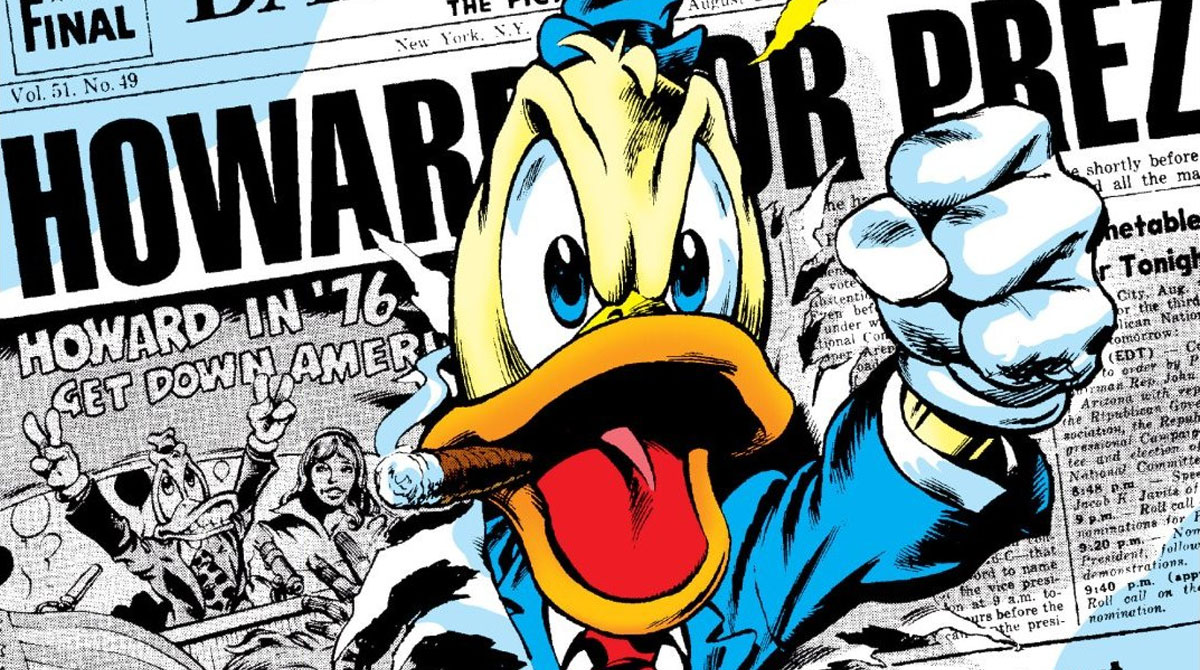
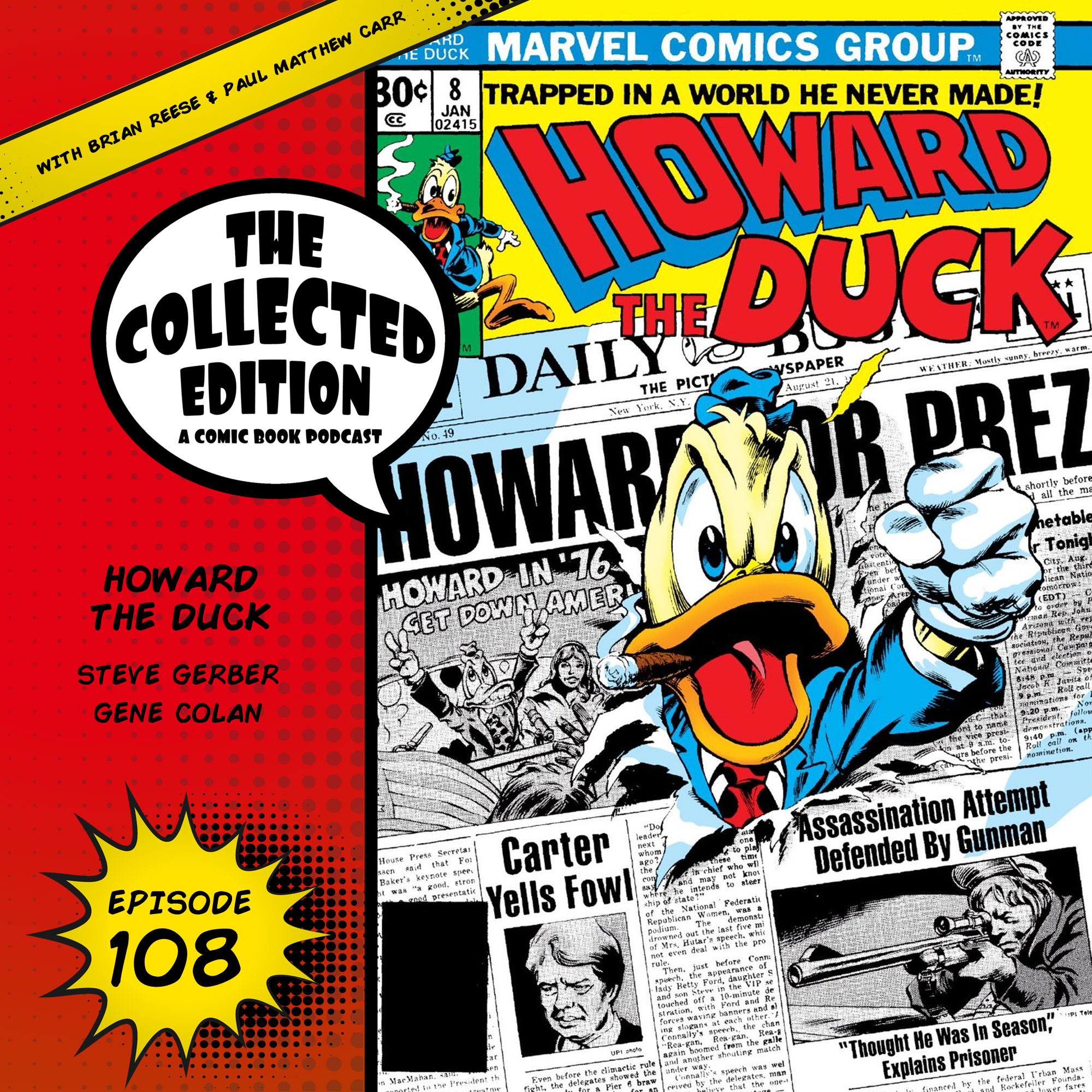
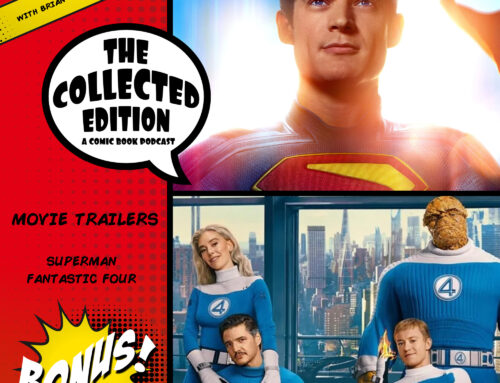
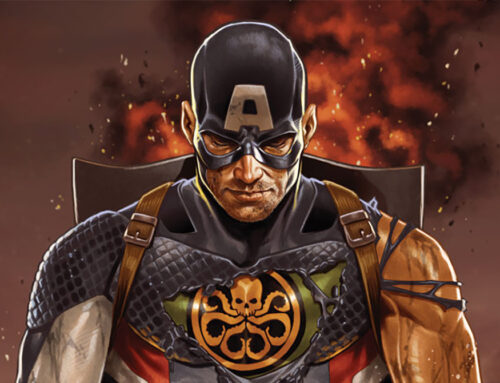
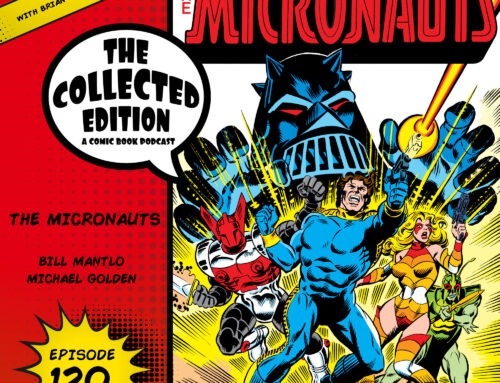
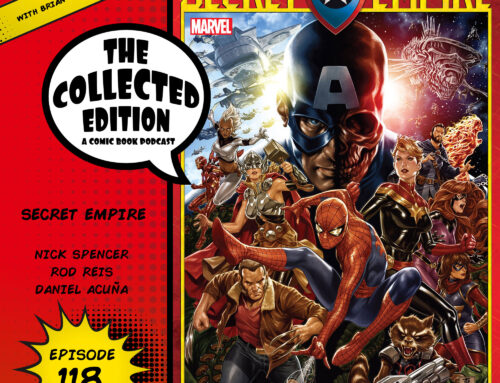
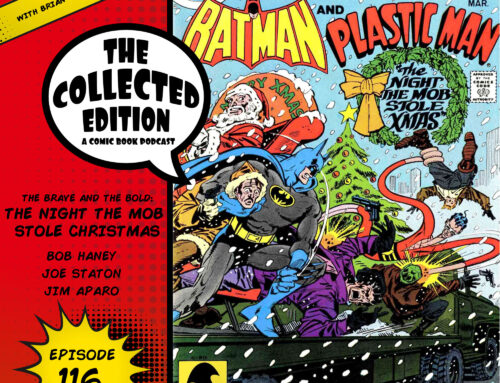
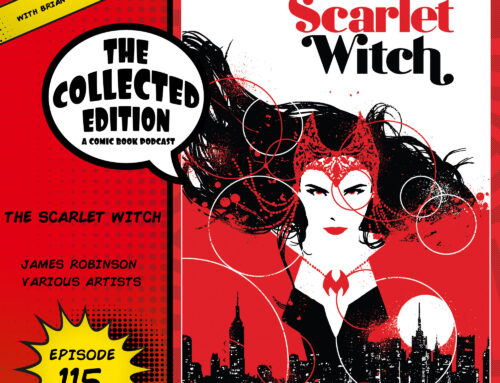

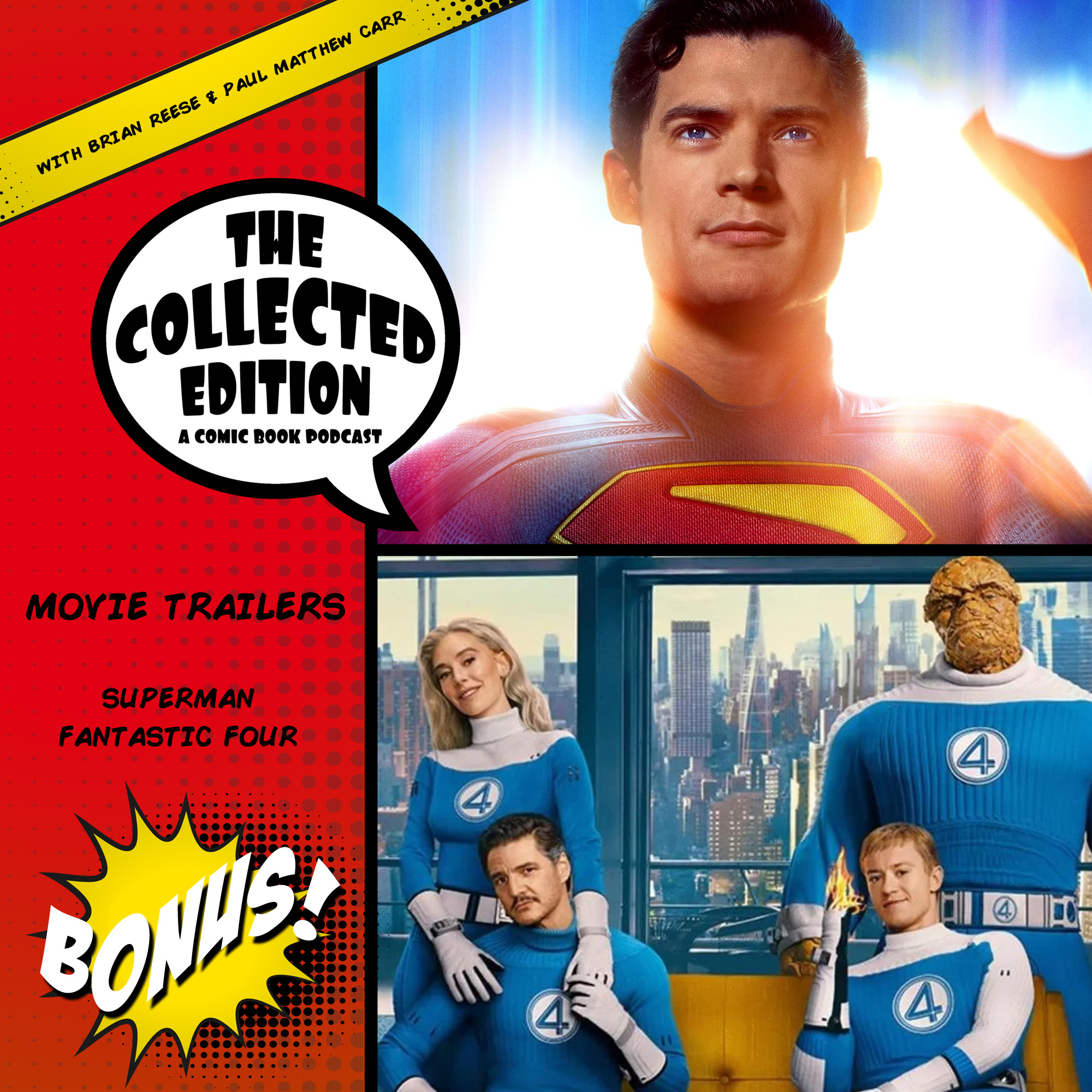
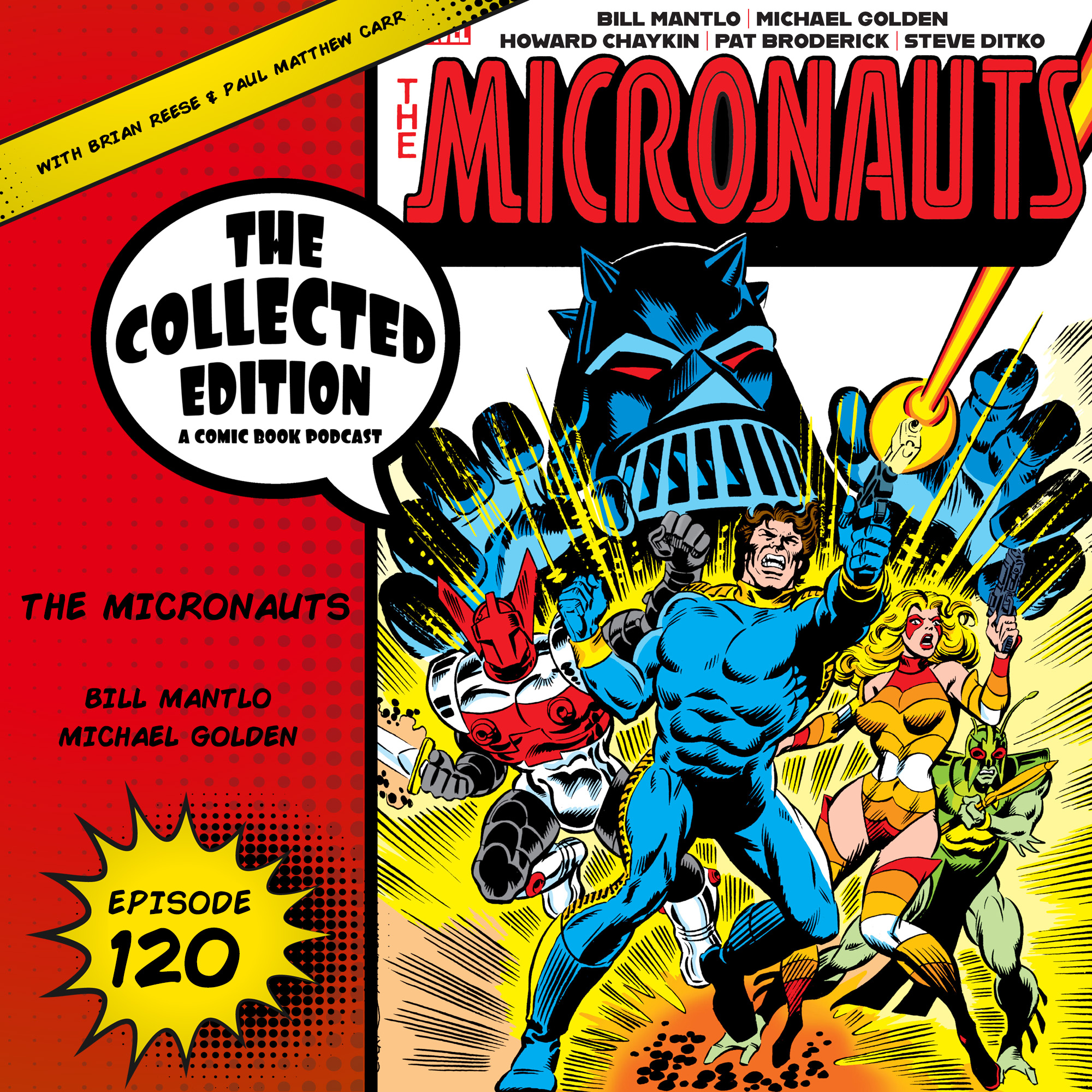
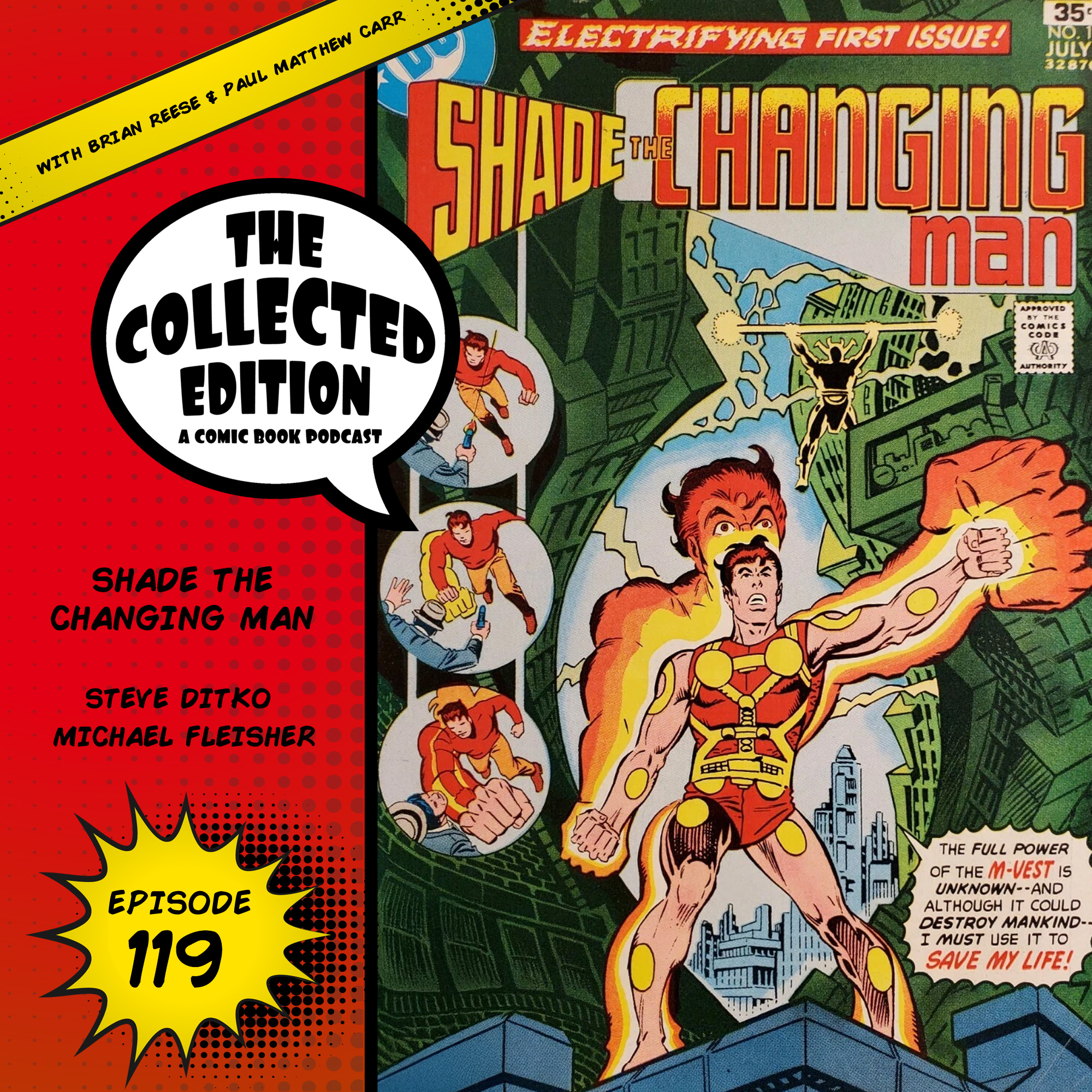
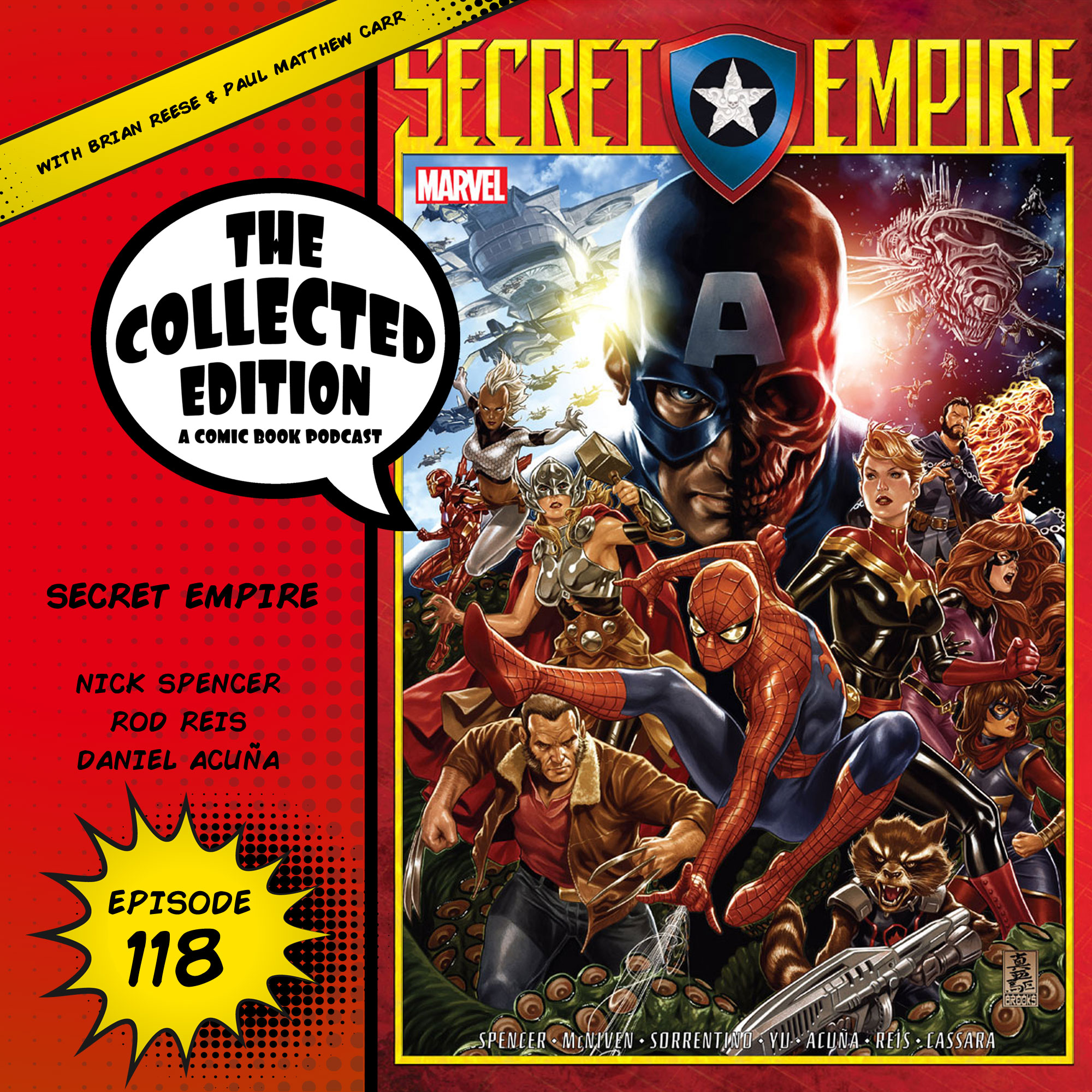
Leave A Comment